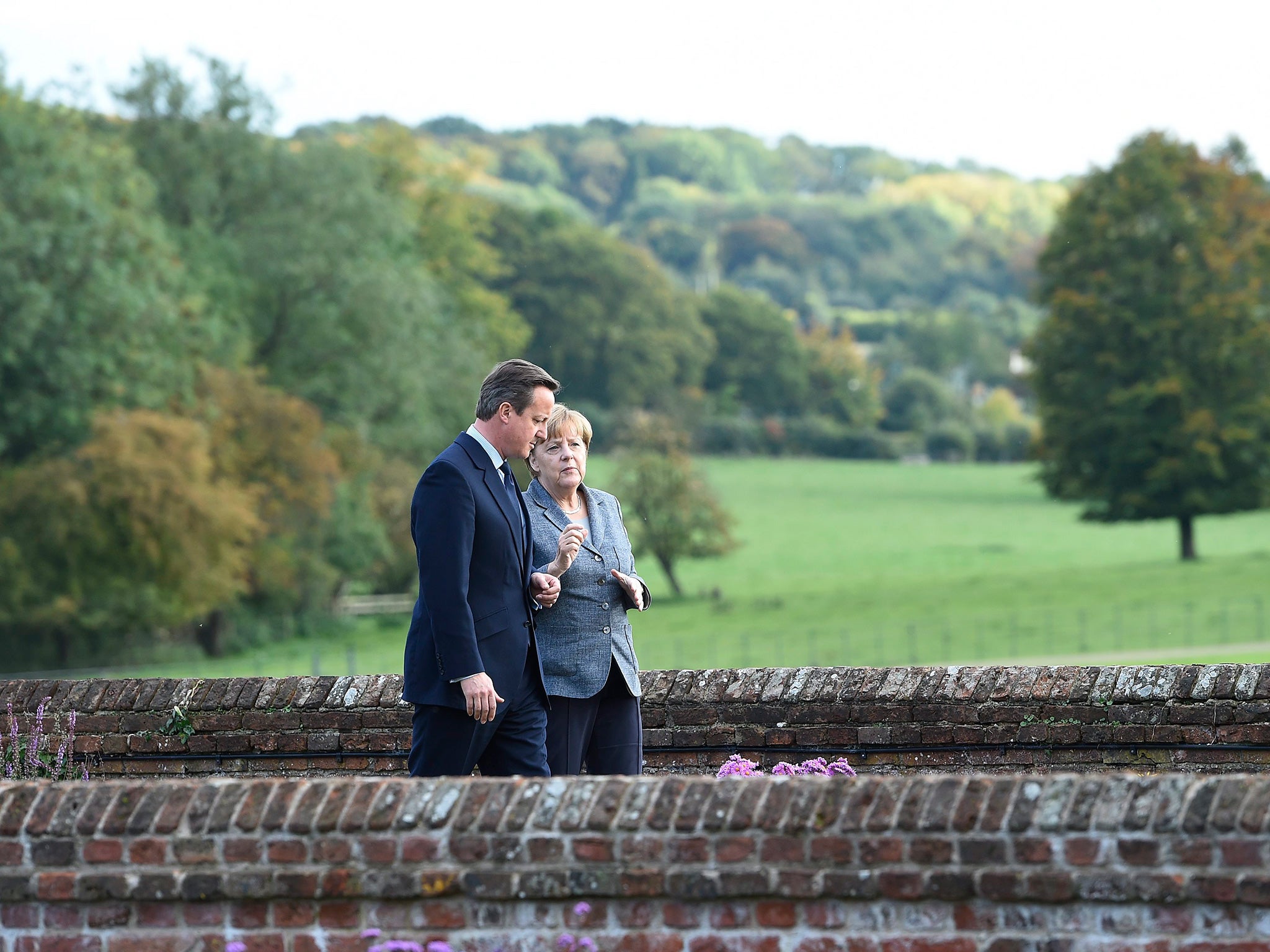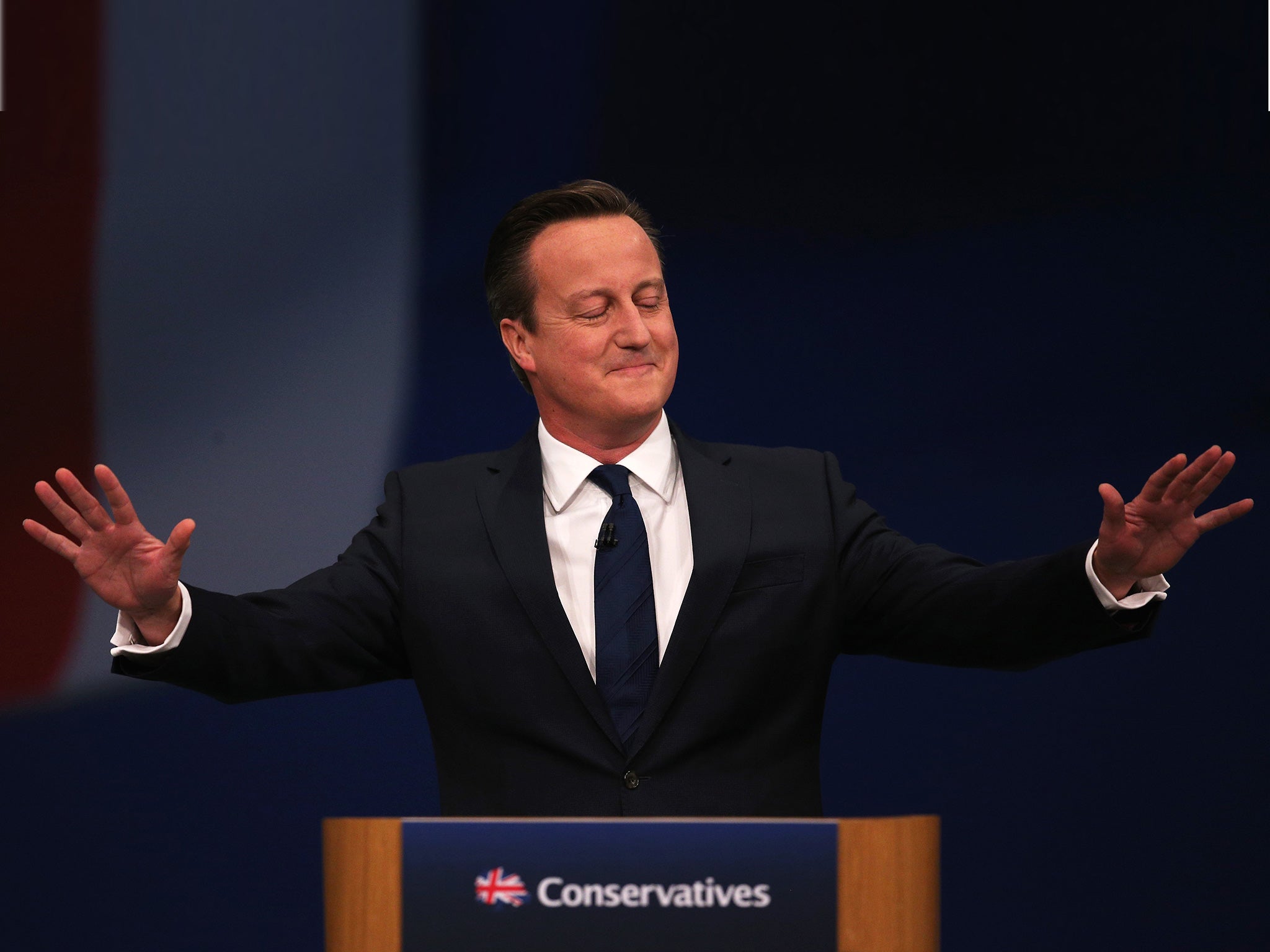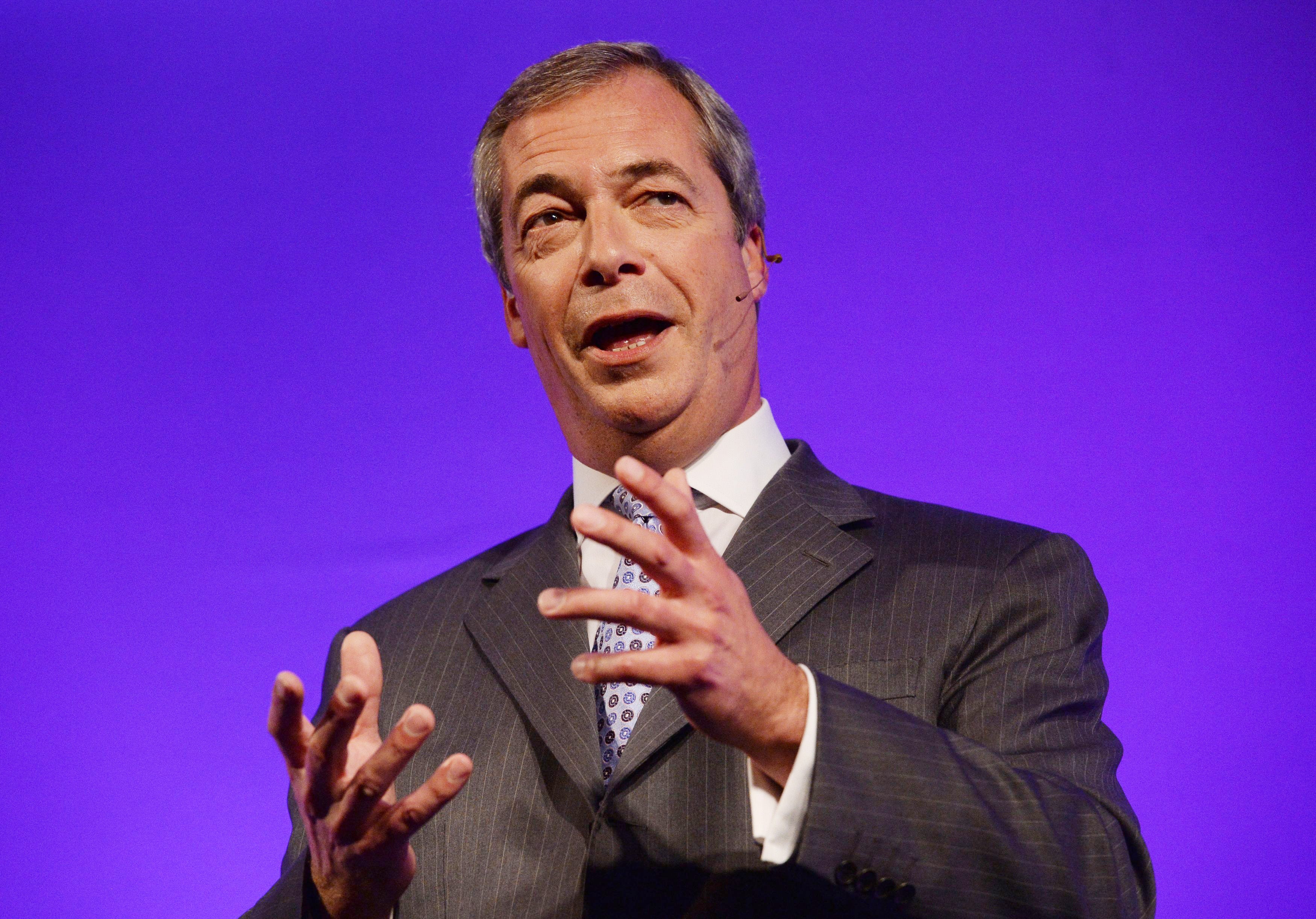EU referendum: Phoney war will continue until we see what EU deal Cameron can strike
The battle could last for two years, and the public will not engage until late in the fight


Your support helps us to tell the story
From reproductive rights to climate change to Big Tech, The Independent is on the ground when the story is developing. Whether it's investigating the financials of Elon Musk's pro-Trump PAC or producing our latest documentary, 'The A Word', which shines a light on the American women fighting for reproductive rights, we know how important it is to parse out the facts from the messaging.
At such a critical moment in US history, we need reporters on the ground. Your donation allows us to keep sending journalists to speak to both sides of the story.
The Independent is trusted by Americans across the entire political spectrum. And unlike many other quality news outlets, we choose not to lock Americans out of our reporting and analysis with paywalls. We believe quality journalism should be available to everyone, paid for by those who can afford it.
Your support makes all the difference.As Angela Merkel dined with David Cameron at Chequers last night on his 49th birthday, some EU diplomats wondered whether the Prime Minister is putting too many eggs in the German basket as he seeks a new EU deal he can sell to the public in his in/out referendum.
It is true that Ms Merkel is the most powerful player on the EU stage. It is also true that Mr Cameron is finally wooing the other 26 EU leaders to support his reforms, rather than sniping at them from the sidelines. But Philip Hammond, the Foreign Secretary, admitted on 8 October that the German Chancellor has far more pressing things on her plate than Britain’s renegotiation. Her remarkable domestic popularity is finally waning under the pressure of the EU migration crisis. The far right is on the march. Then there is the VW emissions tests scandal. “No one in German political life would have chosen for Britain’s EU reform agenda to be put on the list of things to do this year,” Mr Hammond told a party at the German Ambassador’s residence in London to mark the 25th anniversary of German reunification. Praising Ms Merkel’s “typical German pragmatism” as she also juggles Britain’s demands, he revealed her pivotal role in brokering a deal with other EU leaders. “We very much appreciate the private advice that we have had in order to steer the shape of the package we are looking for in a way that is deliverable, that fits more comfortably with the red lines that our partners have,” said Mr Hammond. Tory Eurosceptics will not be amused.
Although Mr Cameron deservedly won plaudits for a visionary speech at the Tory conference, the gathering has made his already tough task of persuading the public to stay in the EU even harder. The most ominous moment for him came when Theresa May moved very close to the Out camp by making the toughest anti-immigration speech by a Conservative politician for many years. In the hotel bars and receptions in Manchester, the Home Secretary’s address was judged crude and over the top — even by some Tory Eurosceptics. “She is not interested in the referendum campaign; she has just launched her Tory leadership campaign,” one minister snapped.

Indeed, immigration is not going to win the EU referendum for the Outers. That was acknowledged on 9 October by the cross-party Vote Leave campaign in its launch video. It went positive on the benefits of EU withdrawal in a pitch that could be summarised as “Vote Out, get a new hospital.” Appealing to people’s wallets, it listed what the UK could do if taxpayers did not have to contribute £350m a week or £20bn a year to EU coffers. In fact, the net payment is about £11bn a year when the British rebate, aid for poor regions and farm subsidies are taken into account. The In Campaign claims the EU costs and cites CBI estimates of an overall benefit of £3,000 for an average household.
The Out camp knows it needs to address the economic argument head-on. It is no surprise that it is following the money because its two main organisers, Matthew Elliott and Dominic Cummings, did the same when they won two referendums, defeating plans to change the voting system at general elections and to create a North East regional assembly.
They did not mention immigration because they accept it could be a turn-off for the crucial group of floating voters—perhaps 30 per cent of the electorate—who have not made up their mind about the EU. There is a similar number in the In and Out camps.
In contrast, the alternative Out campaign, Leave.EU, backed by Nigel Farage, cannot resist the temptation to exploit the EU migration crisis. “Leaving the EU would give us back control of our borders,” it says. The Out campaign would be stronger if its two rival teams could join forces, and they may eventually do so. But the differences over immigration are a potential stumbling block, and Vote Leave does not want Mr Farage to be its front man, fearing he would repel swing voters.
Indeed, this referendum may reflect how out of favour with the public our politicians are. When the In Campaign launches on 12 October, we will see an umbrella campaign by people from across society rather than another bunch of political retreads. Young people will be centre stage, and there will be front women to prevent it being dominated by men in suits.

The In Campaign will not pretend everything in the EU is wonderful. “We are not going to turn Britain into a nation of Europhiles,” one leader admitted. Instead, it will argue that the benefits of staying in - notably for jobs and living standards - outweigh the risks of leaving. One lesson from last year’s Scottish referendum, where the anti-independence campaign was dubbed “Project Fear,” is that blood-curdling warnings about the risks of change can backfire – especially at a time when people are restless for change, as the continuing rise of the SNP and election of Jeremy Corbyn as Labour leader have shown.
Until we know the shape of Mr Cameron’s new deal, we will still be in a phoney war. The battle could last for two years, and the public will not engage until late in the fight. Meanwhile, the In and Out camps will exhaust themselves as they make claim and counter claim. They will probably fail to land a knockout blow and slug out a draw, before the voters deliver a points verdict that could be very close indeed.
Join our commenting forum
Join thought-provoking conversations, follow other Independent readers and see their replies
Comments